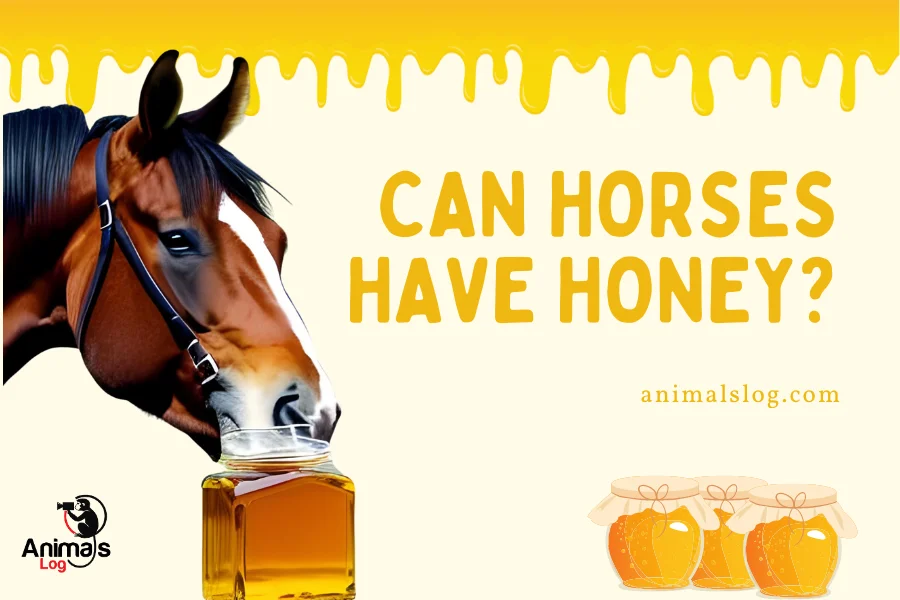It is only normal for horse owners to have concerns regarding the safety and compatibility of different feeds when it comes to equestrian nutrition. In the equestrian world, concerns about broccoli are frequently voiced. This nutrient-rich food is praised for its positive effects on human health. But can horses eat broccoli? In today’s post, we will go into the subject and investigate if it is safe for horses to eat broccoli as part of their diet.
Horse Nutritional & Dietary Requirements

Horses are herbivores. Thus, they have unique nutritional requirements to maintain their health and athleticism. Forage, such as premium hay or pasture, should make up the majority of a horse’s diet. Enough pasture provides essential nutrients, including protein, fiber, vitamins, and minerals. Fibre is crucial for horses to have a healthy digestive tract.
It promotes weight stability, prevents digestive issues, including colic, and promotes healthy gut function. Horses require a balanced diet that contains fiber as well as other essential nutrients. It is essential to monitor a horse’s physical condition and adjust its diet as necessary to maintain a healthy weight.
This has nutrients for strong bones, including calcium, phosphorus, and magnesium; proteins for muscle growth and repair; carbohydrates for energy; and vitamins for a variety of biological functions. Horses that are overfed run the danger of becoming fat, which may have a detrimental effect on their health by increasing their vulnerability to joint problems and metabolic illnesses.
High-quality pasture, lentils, and certain grains are examples of protein-rich meals that have a balance of the essential amino acids that horses require. It may be necessary to provide horses with enough vitamin and mineral supplements to ensure that their diets are balanced and controlled.
Can Horses Eat Broccoli?

A member of the cruciferous vegetable family, broccoli is well known for its high nutritional value and advantageous effects on human health. It is loaded with nutritional fiber, important vitamins, minerals, and antioxidants. In particular, broccoli is renowned for being a superior source of vitamin C, vitamin K, folate, and a number of phytochemicals with potential health benefits.
Horses can eat broccoli in moderation without experiencing any serious problems. It is crucial to keep in mind that grass, hay, and other equine-specific foods should make up the majority of a horse’s diet. These give a horse’s digestive tract the nutrition and fiber it needs. Broccoli can be served as a treat on occasion, but it should not take the place of their diet’s staple foods. Using broccoli for horse training rewards is also common.
How To Feed Broccoli To A Horse?
Horses can occasionally receive broccoli as a treat or as a nutritional supplement. To make sure that the broccoli is cooked and given to horses in a way that is safe and palatable, it is crucial to adhere to the right procedures.
Choose fresh, crisp heads of broccoli with florets that are firmly closed for your horse. Avoid broccoli that looks wilted, has a strange color, or smells strong. After selecting your broccoli, thoroughly rinse it under cold running water to get rid of any dirt or debris. Trim off the broccoli’s thick stalks, as horses may find them difficult to chew and digest.
Concentrate on the florets, which can be eaten more readily. You may either slice the broccoli into small, bite-sized pieces or steam it to soften the texture, depending on your horse’s tastes and chewing capacity. Additionally, steaming the broccoli might make it easier for horses to digest.
Fresh vs. Cooked Broccoli For Horses
| Fresh Broccoli | Cooked Broccoli |
|---|---|
| Lower digestibility | Higher digestibility |
| Higher nutritional content | Low fiber content |
| Tough and rough texture | Slightly reduced nutritional content |
| Lower digestibility | High fiber content |
| Not safe for horses | Relatively safer for horses |
Nutritional Benefits Of Broccoli In Horses
- Vitamins & Minerals: Broccoli is a fantastic source of vitamin C. Additionally, broccoli has a lot of vitamin K, which is essential for healthy bones, blood clotting, and calcium absorption. Broccoli contains B-vitamin folate, which is essential for red blood cell creation, DNA synthesis, and cell division. Potassium, which is present in broccoli, is crucial for maintaining healthy electrolyte balance and muscular contraction.
- Antioxidants: Strong antioxidants found in broccoli, including lutein, zeaxanthin, and beta-carotene, aid in the body’s defense against dangerous free radicals. These antioxidants help to maintain general cellular health, lower oxidative stress, and reduce inflammation, which may help avoid some illnesses.
- Dietary Fibre: Broccoli is a fantastic source of dietary fiber, which supports healthy gut function and good digestion in horses. Fibre helps people keep a healthy weight, control their blood sugar levels, and avoid digestive problems like colic and constipation.
- Other Elements: Numerous compounds included in broccoli, including sulforaphane, glucosinolates, and indoles, may have positive effects on health. In some studies, these substances have been linked to anti-inflammatory effects, assistance for detoxification, and even possible anti-cancer qualities.
Keep In Mind…
- Occasional Treat: Broccoli should only be given occasionally and in modest amounts as a treat or dietary supplement. It should not take the place of the staples of a horse’s diet, such as hay or grass. To add some extra nutrients, a few tiny florets or a handful of chopped broccoli may be adequate.
- Preparation: Due to its high fiber content and fibrous texture, raw broccoli is difficult for horses to digest. The broccoli should be cooked or steamed before being given to horses. The vegetable becomes softer after cooking or steaming, making it simpler for the horse to chew and assimilate.
- Gradual Introduction: Horses’ delicate digestive systems are susceptible to disruption from abrupt food changes. It is best to start slowly when introducing broccoli or any other new item to a horse’s diet. Start out slowly and monitor the horse’s behavior. Stop feeding broccoli if there are any indications of stomach distress.
- Individual Sensitivities: Horses can experience dietary allergies or sensitivities just as people do. When introducing new meals, such as broccoli, to the horse, attentive observation is necessary. Feeding broccoli should be stopped, and a veterinarian should be consulted if any adverse responses, such as colic, diarrhea, or symptoms of discomfort, arise.
- Horse Requirements: While broccoli provides a variety of nutrients, it is vital to keep in mind that grass, hay, and suitable equine feeds should make up the majority of a horse’s diet. These meet the special dietary requirements of horses by offering essential amounts of fiber, vitamins, and minerals.
FAQs
Can horses eat broccoli raw?
No. Due to its high fiber content and fibrous texture, which can be difficult for horses to digest, it is not advised to feed horses raw broccoli.
How much broccoli should I feed my horse?
Give your horse modest amounts of broccoli. It may just need a few tiny florets or a small amount of chopped broccoli.
Final Thoughts
So, can horses eat broccoli? Broccoli may be consumed in moderation by horses as long as it is prepared, steamed, and introduced gradually. Small quantities of broccoli can provide some extra nutrients, even though it is not an essential component of their diet. Keep an eye on your horse’s reaction, and if you have any concerns, speak to a physician or an equine nutritionist.







